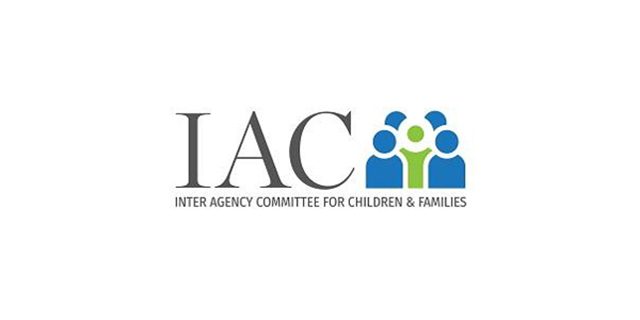[Opinion column written by Dr. Nicola Paugh]
The Third Sector has played a critical role in Bermuda’s response to the Covid-19 pandemic. For many it feels like the first time the sector as a whole has been widely recognized for the role it plays in building the wellbeing of our community. The Third Sector [non-profit agencies, donors, and other stakeholders who meet the wide-ranging needs of the community] includes not only direct human services but also advocacy, planning, research, prevention, capacity building and funding that support the effective delivery of human and helping services. In Bermuda a significant portion of these services are delivered by our non-profit registered charities.
Some of these agencies are providing the essential services that are meeting the most basic needs of the community in the midst of rising unemployment, food insecurity and heightened stress, anxiety and fear. They have been on the frontlines of the pandemic providing food for the vulnerable, protecting seniors, and supporting healthcare and mental health. Many additional third sector service providers are in the background pivoting services to ensure the community is still supported in other areas such as education, youth development, and the environment. All of these organizations are playing an essential role and are rising to challenges being presented by the Covid-19 pandemic.
For example, many of our [IAC’s] non-profit members have demonstrated creativity, flexibility and innovation as they shift to meet the emerging needs of their clients. The Reading Clinic continues to offer core reading and math tutoring programmes to students virtually, and provides telephone consultations as well as virtual assessments and testing. Family Centre continues to offer their free counselling services to children and their families on confidential telehealth platforms; and their community programmes have also been delivered remotely. Raleigh Bermuda pivoted to meet the needs of their alumni who have experienced unemployment by developing an “Alumni Relief Programme.” The Coalition for the Protection of Children, in addition to increasing food services by over 300%, have launched a free telehealth wellbeing check-in service. The Bermuda Sloop Foundation are supporting Middle Schools by enriching curricula in social studies and sciences and providing resources to teachers. Many more are making similar shifts despite the challenging circumstances. While some of these organizations may not be considered essential under pandemic conditions, they certainly are all essential to the wellbeing and vibrancy of our community.
Like other sectors hard hit by the pandemic, non-profit human services are facing pain points, with cash flow crunches, layoffs and reduced hours, all of which impact service delivery at a time when its needed most. IAC is supporting service providers by providing webinars and resources to support their ability to respond, adapt and recover. Financial resources will also be needed. For our corporate donors, immediate funding without restrictions will be a lifeline to non-profits. Support from individuals whose incomes may not be affected by the pandemic will also assist. Government relief through direct aid or employee payroll tax relief could also help the financial position of the Third Sector. During a time when the demand for services is increasing at a rate that could not have been projected, it is crucial that the community supports the sustainability of these resources.
The work of non-profits must continue. Collectively, all of Bermuda’s human service agencies build the human potential of our community. The pandemic has de-stabilized the well-being of our community, but well-being is built, and rebuilding it will require that the community work together to ensure human services, and specifically our non-profit partners can continue to play their critical role in bolstering the resilience of the community.
– Dr. Nicola Paugh, IAC Programme Coordinator











